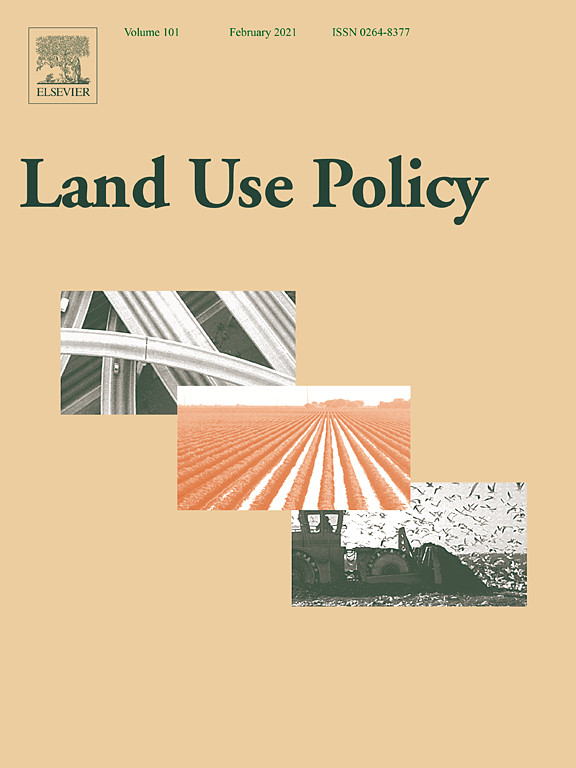Changes in urban green spaces’ value perception: A meta-analytic benefit transfer function for European cities

07.01.2021
Benefit transfer, Contingent valuation, Geospatial variable, Meta-regression, Urban green spaces
Land Use Policy, vol. 101, February 2021, 105116
We estimate a meta-regression of the willingness to pay (WTP) for green spaces in European urban and peri-urban areas obtained from contingent valuation (CV) studies to construct a benefit transfer (BT) function. Compared to previous studies that estimated meta-regression for urban green spaces, we introduce two main novelties. Firstly, we focus exclusively on Europe to reduce the heterogeneity due to unobservable factors that affect the estimates and their transferability. Secondly, we use urban socio-economic indicators and land-use data derived from terrestrial observations as proxies for the supply and demand of ecosystem services at the local level, allowing interactions between these variables and the specific characteristics of the site valued. We demonstrate that both approaches improve the accuracy of the estimates and, hence, the validity of the transferred values.
We estimate a meta-regression of the willingness to pay (WTP) for green spaces in European urban and peri-urban areas obtained from contingent valuation (CV) studies to construct a benefit transfer (BT) function. Compared to previous studies that estimated meta-regression for urban green spaces, we introduce two main novelties. Firstly, we focus exclusively on Europe to reduce the heterogeneity due to unobservable factors that affect the estimates and their transferability. Secondly, we use urban socio-economic indicators and land-use data derived from terrestrial observations as proxies for the supply and demand of ecosystem services at the local level, allowing interactions between these variables and the specific characteristics of the site valued. We demonstrate that both approaches improve the accuracy of the estimates and, hence, the validity of the transferred values.
